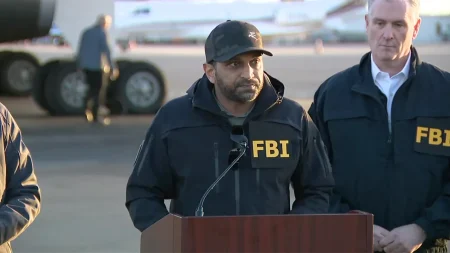Medical Crisis in Gaza City: Doctors Without Borders Withdrawal
In a devastating development for Gaza City’s already fragile healthcare system, Doctors Without Borders (Médecins Sans Frontières) has withdrawn its medical personnel from the area. This difficult decision comes as the region’s entire medical infrastructure approaches a breaking point under extraordinary pressure. The humanitarian organization, known for maintaining operations in the world’s most dangerous conflict zones, determined that conditions had deteriorated to a point where they could no longer safely or effectively provide care. This withdrawal represents not just a loss of critical medical expertise but also signals the severity of the humanitarian crisis unfolding in Gaza City.
The United Nations has issued urgent warnings that more hospitals in the region may soon be forced to close their doors. These facilities, many already operating well beyond capacity with severely limited supplies, face multiple compounding challenges: shortages of essential medications, unreliable electricity, dwindling clean water, and the constant threat of nearby fighting. Medical professionals who remain work under nearly impossible conditions, often performing complex procedures by mobile phone light and rationing critical supplies. For patients with chronic conditions, pregnant women, and those with severe injuries, these hospital closures could eliminate their only chance for life-saving treatment.
The humanitarian impact extends far beyond the walls of medical facilities. Ordinary Gaza City residents now face a terrifying reality where even basic medical care becomes inaccessible during emergencies. Families must make impossible decisions about whether to risk dangerous journeys to seek medical help or remain in place without treatment. The withdrawal of Doctors Without Borders—an organization specifically designed to function in crisis zones—underscores how the situation has moved beyond conventional humanitarian response capabilities. For vulnerable populations like children, the elderly, and those with disabilities, this medical system collapse represents a particularly acute threat to survival.
Healthcare workers who continue operating in Gaza City exhibit extraordinary courage, working despite personal risk and professional challenges that would be unimaginable in normal medical settings. Many have gone weeks without adequate rest, working extended shifts while separated from their own families and facing the same dangers as their patients. The departure of international medical personnel means even greater responsibility falls on local healthcare providers, many of whom have lost their own homes or loved ones during the conflict. Their continued dedication represents a profound commitment to medical ethics and human compassion in the face of overwhelming adversity.
International humanitarian organizations and health officials warn that the breakdown of Gaza’s medical system could trigger secondary public health crises beyond the direct casualties of conflict. Without functioning hospitals and clinics, preventable diseases may spread unchecked through vulnerable populations living in crowded conditions with limited sanitation. Routine vaccinations, maternal healthcare, and management of chronic conditions like diabetes or heart disease become nearly impossible to maintain. The United Nations and other international bodies have called for immediate humanitarian corridors to allow medical supplies and personnel to enter Gaza City, along with provisions for evacuating the most critically ill patients to facilities outside the immediate conflict zone.
The withdrawal of Doctors Without Borders from Gaza City represents more than just a practical response to deteriorating security conditions—it serves as a stark indicator of how severely humanitarian norms have eroded in this conflict. Medical facilities and personnel, protected under international humanitarian law, should never become targets or collateral damage in warfare. The current situation demands urgent international attention not only to address the immediate medical crisis but also to reestablish the principle that healthcare must remain available and protected even amid the most difficult conflicts. Without immediate intervention to restore medical services in Gaza City, countless preventable deaths will add to the human toll of this tragic situation.










